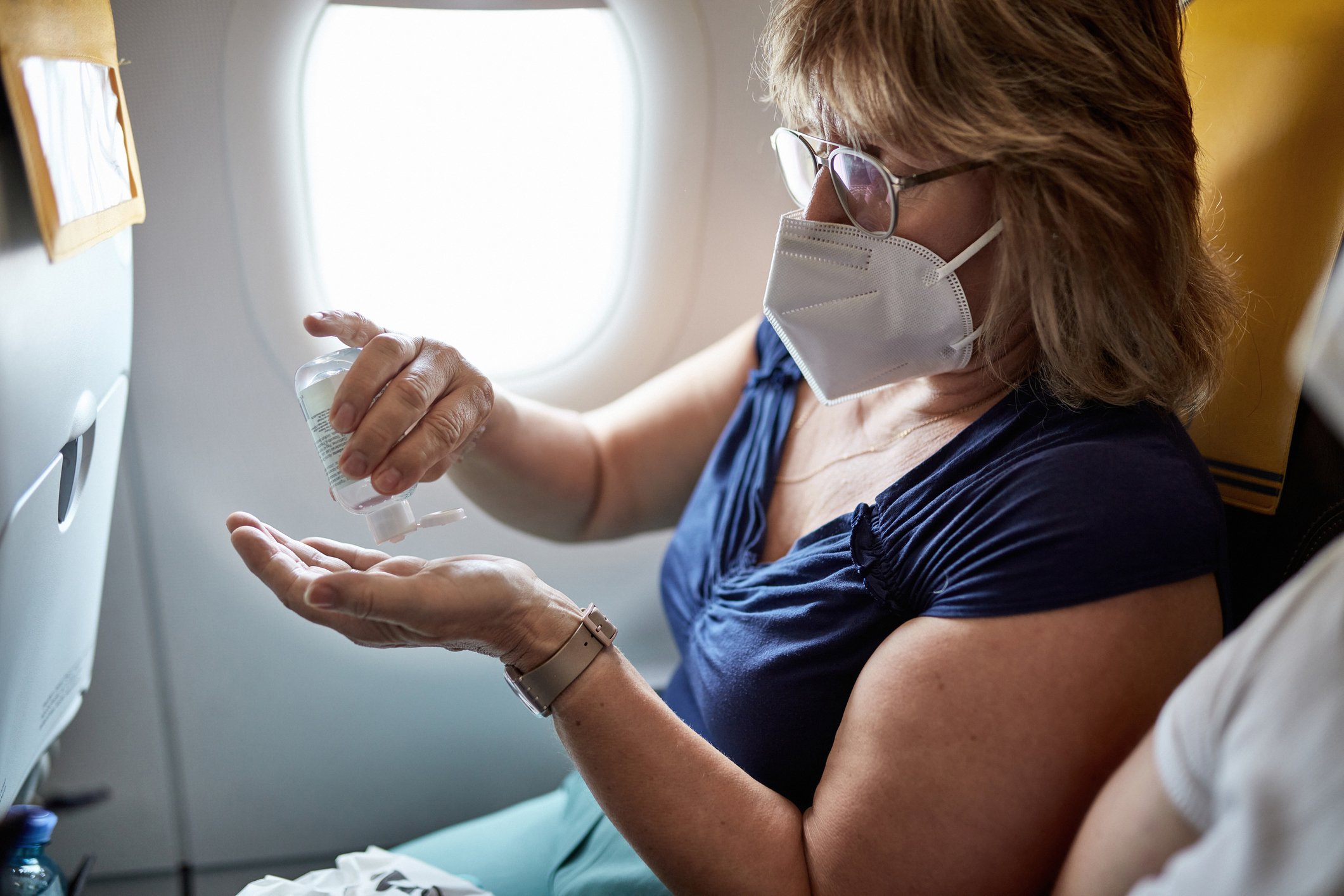You have made reservations for your travel and lodging, packed your bags, and yet you find yourself with a sore throat and runny nose? That seems to be a cold. In addition to answering the question of whether you can begin your travel in this manner, we also provide you with some crucial guidelines and practical guidance to assist you get to your destination safely.
A cold: what is it?
A frequent viral infection of the upper respiratory tract is called a cold, or flu-like infection. Usually, many virus types are the culprit. Common symptoms include sore throat, headache, limb pain, runny or blocked nose, and, on rare occasions, a slight fever.
Is it possible to fly when sick?
Travelers frequently inquire, “Is there a clear yes or no answer?” To make an informed decision before you go, you need to evaluate your health.
Can you take a flight while feeling cold?
Flying with moderate symptoms of a cold is theoretically conceivable. But common symptoms like a stuffy nose or earaches will make the travel much more miserable. These symptoms are frequently made worse and more uncomfortable by the pressure differential in an airplane cabin.
What conditions must be met before you may fly?
It is best to postpone your vacation to protect yourself and prevent spreading the infection to others, especially if you have very noticeable cold symptoms that are more suggestive of the flu or bronchitis. If you have a serious sickness like measles or chickenpox, you should also steer clear of flying while on vacation.
For what symptoms is it not advisable to fly?
Severe sickness symptoms suggest that you should not fly. They include high temperature and respiratory symptoms, intense headaches, prolonged nausea, and a general feeling of being unwell. These are but a few signs that you ought to be in bed rather than flying.
Should I travel or not when I have a cold?
Your health, the intensity of your symptoms, and the possibility of infection for other passengers will all play a role in your decision to board or not board the aircraft. You can consult a doctor before your trip just to be sure.
Should you miss your flight or take a sick day?
The decision is based on your assessment of the trip’s urgency and your health. We suggest delaying your vacation if it is possible to cancel and it is not necessary to expedite your recuperation.
If you have a cold and must fly, what should you do?
You’re wondering what to do if you have a cold and have to fly, but you have to make the scheduled flight at any cost. Take the following precautions to ensure your safety and the safety of other passengers when flying.
Safety precautions for you to take while flying
- To reduce the chance of spreading illness, wear a mask.
- Use a disinfectant or give yourself a frequent hand wash with soap and water.
- Make an effort to maintain a specific distance from other passengers.
- When you sneeze, cover your mouth and nose with your hands or the crook of your arm and use a handkerchief instead of your hands.
- Selecting a window seat is preferable over an aisle seat since it allows for less interaction with other passengers.
- Wipe down all surfaces, including handles, tables, and armrests, with disinfectant wipes after landing.
Why can it be risky to fly while sick?
You should know that there’s a chance you could infect other passengers as well as the flight crew. For you, there’s a chance that the pressure changes throughout the flight will intensify the usual cold symptoms. This will just impede your recuperation and could potentially make your condition worse.
Advice for light-cold travelers
- It is recommended that you heed this advice if you decide to continue flying:
- Decongestant nasal sprays can help you unclog your sinuses and lessen the pressure shift-induced strain on your middle ear.
- To keep hydrated and avoid dehydrating the mucous membranes, drink lots of water and abstain from alcoholic drinks.
- Take the prescribed medication, such as pain relievers for aching limbs and headaches, to relieve the symptoms of a cold.
- To prevent putting further strain on your body, try to get some rest throughout the flight and refrain from strenuous activity.
- Use a disinfectant or wash your hands frequently to practice proper hand hygiene.
Advice for balancing pressure even when you’re sick
The Valsalva maneuver, which involves breathing out through your nose while holding it tight and keeping your mouth shut, is a common technique for equalizing sinus pressure. This should not be done, though, if you are sick because the extra pressure on your sinuses can aggravate your middle ear. It is preferable to adhere to our suggestions:
- Apply nasal sprays that decongest.
- Chew on a few sticks of gum.
- Frequently yawn or swallow.
- Put on certain earplugs.

